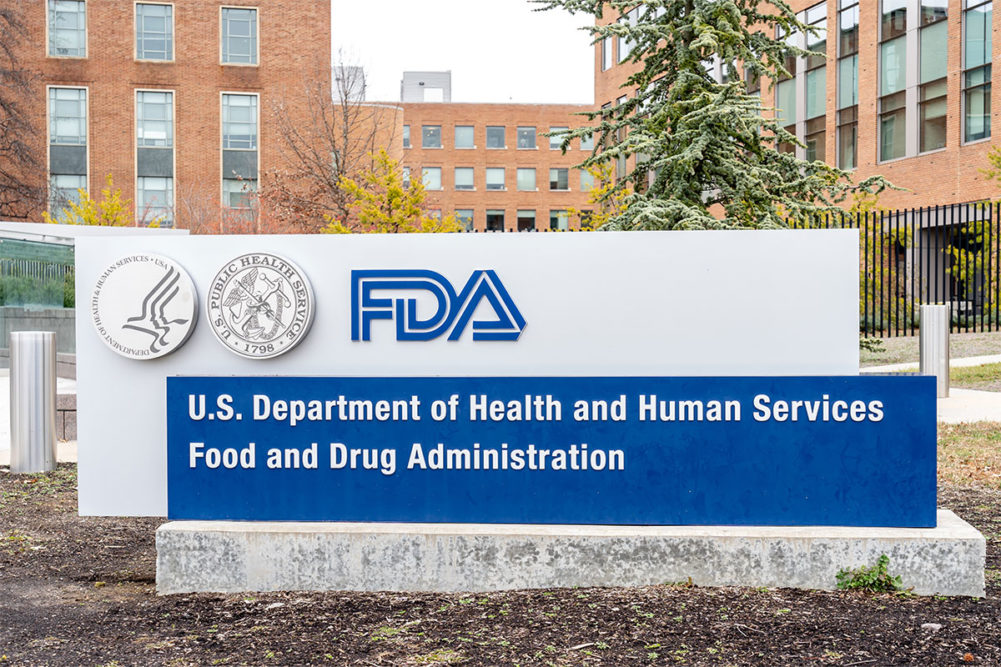WASHINGTON — The US Food and Drug Administration on Nov. 2 proposed to revoke the use of brominated vegetable oil (BVO) in food. The FDA concluded it no longer considers the use of BVO in food as safe after results of studies conducted in collaboration with the National Institutes of Health showed bioaccumulation of bromine and toxic effects on the thyroid.
A vegetable oil modified with bromine, BVO was authorized by the FDA for use in small amounts to keep citrus flavoring from separating and floating to the top of some beverages.
“Although BVO has a long history of use in foods and was at one time considered GRAS (Generally Recognized As Safe), we have continued to study it to understand any potential health impacts,” said Jim Jones, FDA’s deputy commissioner for human foods. “Recent toxicology studies conducted in collaboration with the NIH have now given us conclusive scientific evidence to support our proposal to remove the FDA’s food additive authorization for BVO.”
Results of one study involved rats and appeared in the July 2022 issue of Food and Chemical Toxicology. Researchers found oral exposure to BVO was associated with increased tissue levels of inorganic and organic bromine and that the thyroid was a potential target organ for toxicity. The thyroid gland produces hormones that assist in regulating blood pressure, body temperature, heart rate, metabolism and how the body reacts to other hormones, according to the FDA.
California Governor Gavin Newsome on Oct. 7 signed a law for the state to ban the use of BVO, Red No. 3, potassium bromate and propylparaben after Jan. 1, 2027.
“We recognize that California recently took steps to ban the use of four food ingredients, including BVO, in that state,” Mr. Jones said. “The agency is continuously reviewing and reassessing the safety of a variety of chemicals in food to ensure the science and the law support their safe use in food, including all four ingredients that are part of the recent California law.
“In fact, the FDA is currently reviewing the color additive regulations authorizing the use of FD&C Red No. 3 in ingested drugs and foods (including dietary supplements) under the Delaney Clause of the Federal Food, Drug, and Cosmetic Act, which, in relevant part, prohibits the FDA from approving a color additive that is ingested if it causes cancer in animals or humans when ingested. A decision from the FDA is forthcoming.”
The FDA will accept comments on the proposed BVO rule until Jan. 17, 2024. The comments may be sent electronically at regulations.gov to docket number FDA-2023-N-0937.





